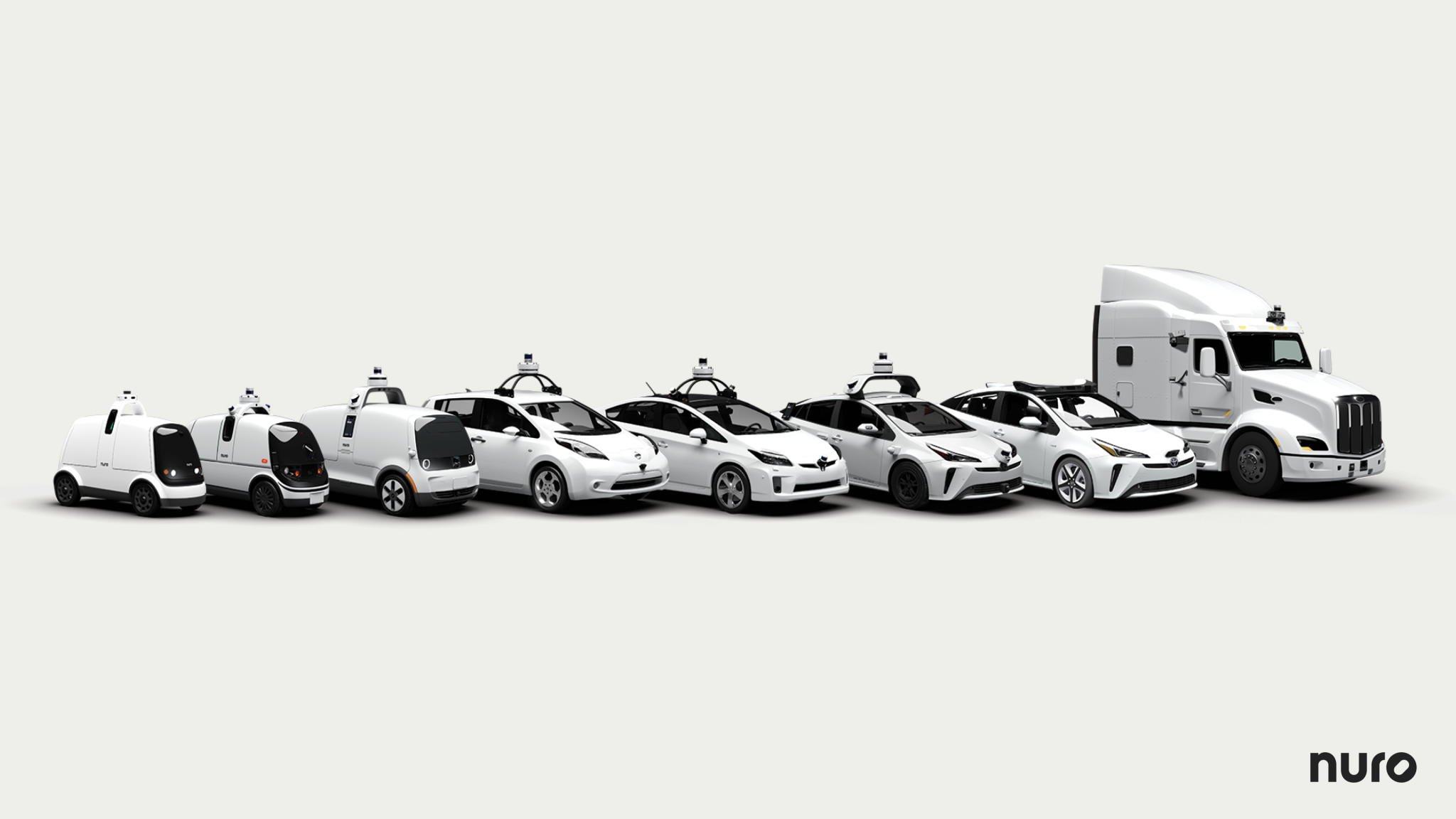
Autonomous vehicle startup Nuro has secured $106 million in a Series E round as it pivots from building delivery robots to licensing its self-driving technology to automakers and commercial fleets.
The funding brings Nuro’s total raised to $2.2 billion and places its latest valuation at $6 billion—a dip from its previous $8.6 billion valuation in 2021.
The round was backed primarily by existing institutional investors including T. Rowe Price, Fidelity, Tiger Global, Greylock Partners, and XN LP, along with strategic partners.
A Strategic Shift for Sustainability
Originally known for its compact, on-road delivery robots used by brands like Domino’s, Nuro found that manufacturing hardware was burning through capital. The company halted its vehicle production plans and laid off staff before announcing its shift in focus last year.
Instead of building its own vehicles, Nuro will now license its autonomous driving platform to OEMs, delivery operators, and ride-hailing platforms. The pivot comes as the company leans further into software innovation and seeks capital-efficient growth.
“We’re building a strong and durable business alongside our partners,” said Dave Ferguson, co-founder and president. “This round shows strong conviction in our new go-to-market strategy.”
Supporting a Capital-Efficient Roadmap
While a down round may raise concerns, Ferguson says the company is on solid ground, especially given the tough funding climate. The new investment extends Nuro’s operational runway into 2027, allowing the company to scale its technology and pursue new commercial deals.
The company boasts years of Level 4 autonomous driving experience, with deployments in California and Texas, and believes its new licensing strategy gives it an edge over competitors in autonomy.
“Our technology and experience uniquely position us to support automakers and mobility platforms in accelerating their autonomy plans,” added CEO Jiajun Zhu.
Competing in the Autonomy Licensing Space
The firm’s strategic pivot puts it in direct competition with startups like Wayve (UK), which also aims to provide autonomy-as-a-service across vehicle platforms. Meanwhile, the company has existing ties with industry players like Uber and Toyota, through Toyota’s venture arm Woven Capital.
Despite a trimmed valuation, Nuro’s strategic reset and continued investor confidence suggest the company may still have a strong shot at becoming a key player in the evolving autonomy ecosystem—one powered not by robots on the road, but by software under the hood.


